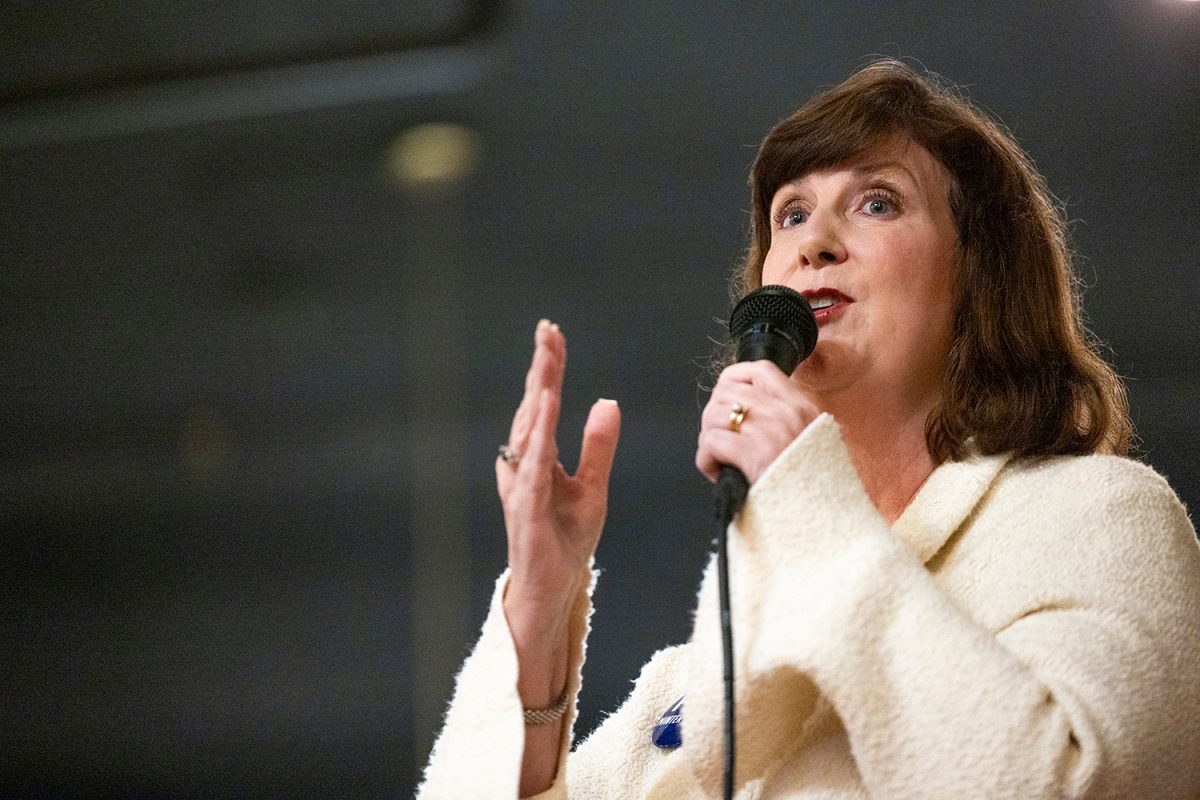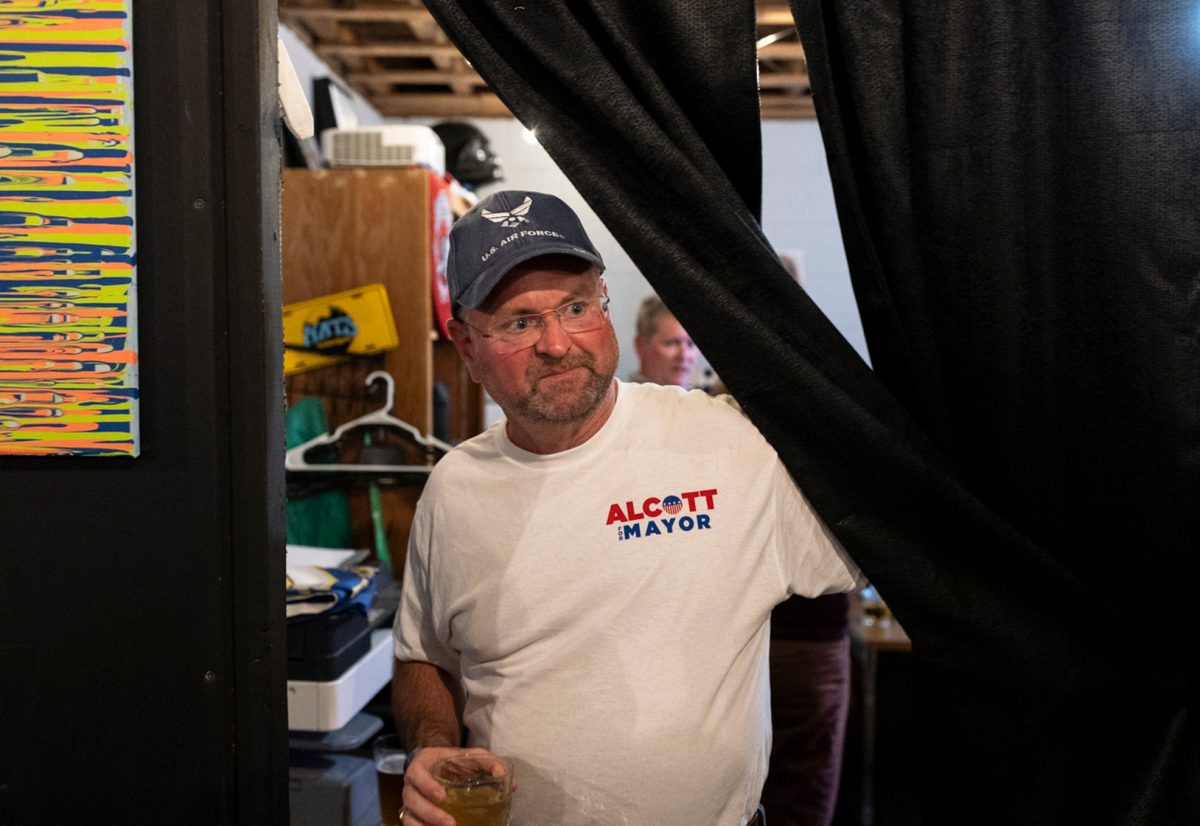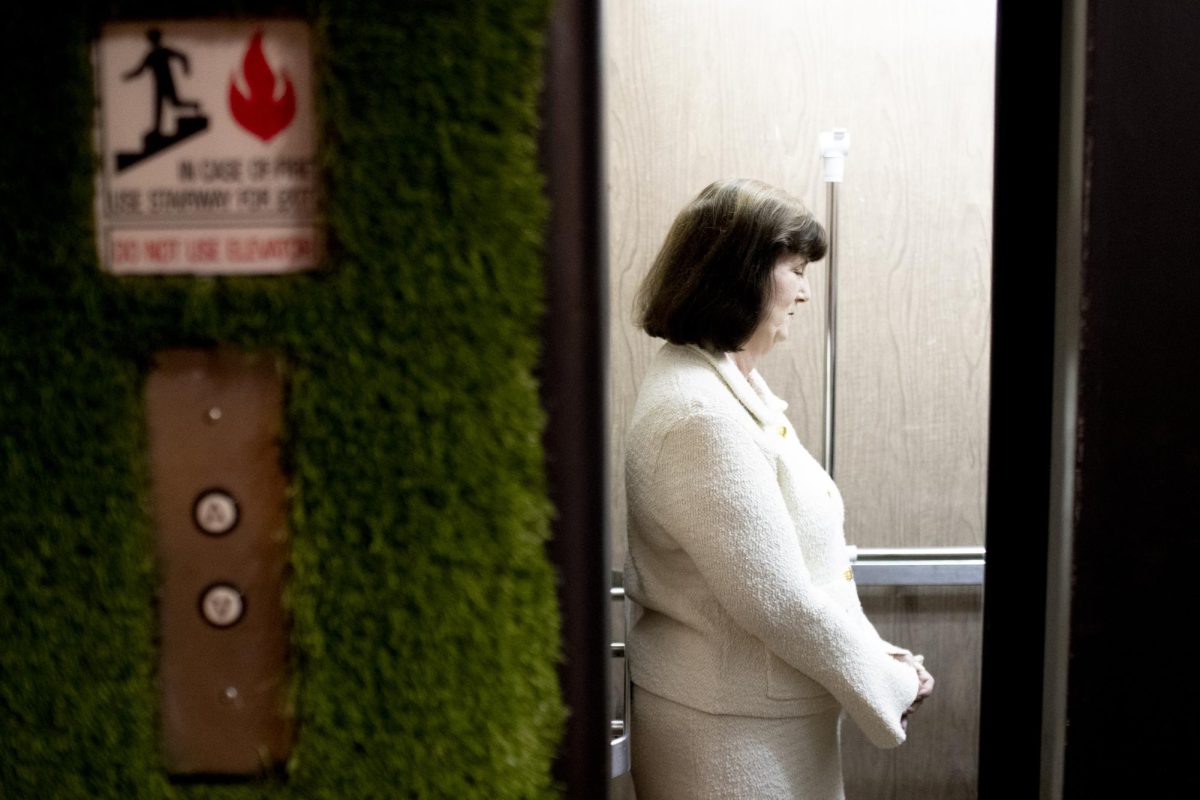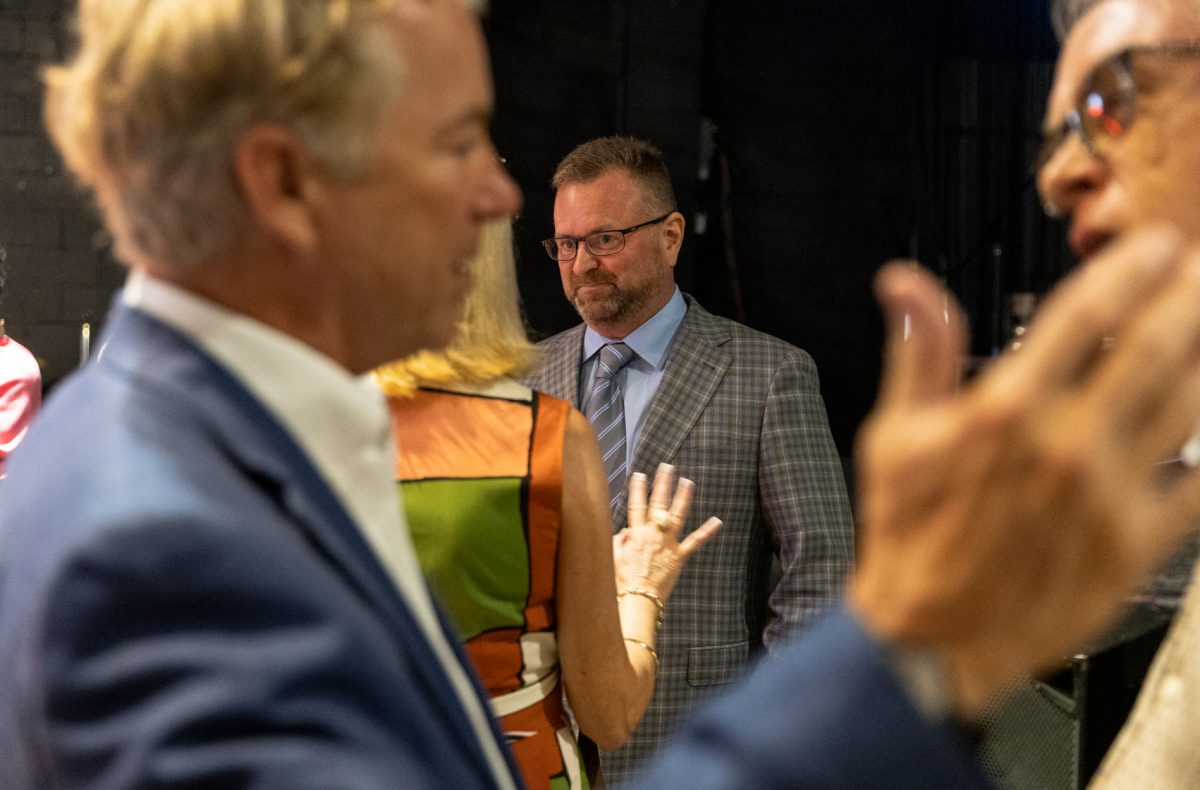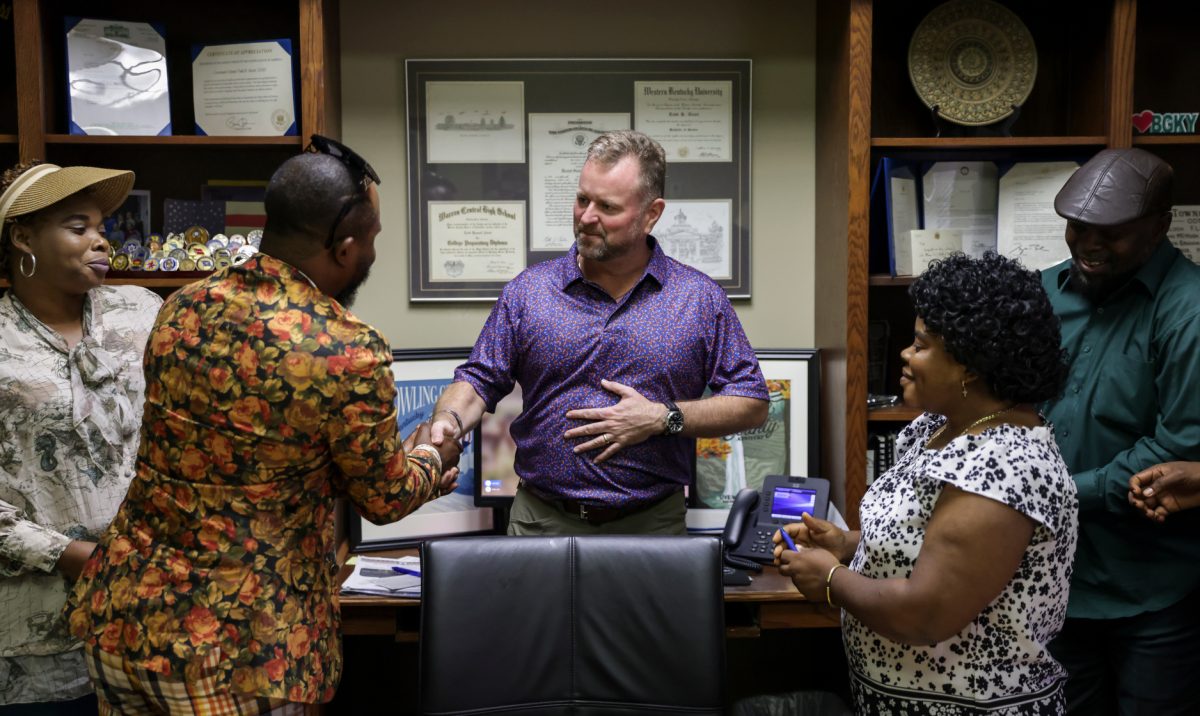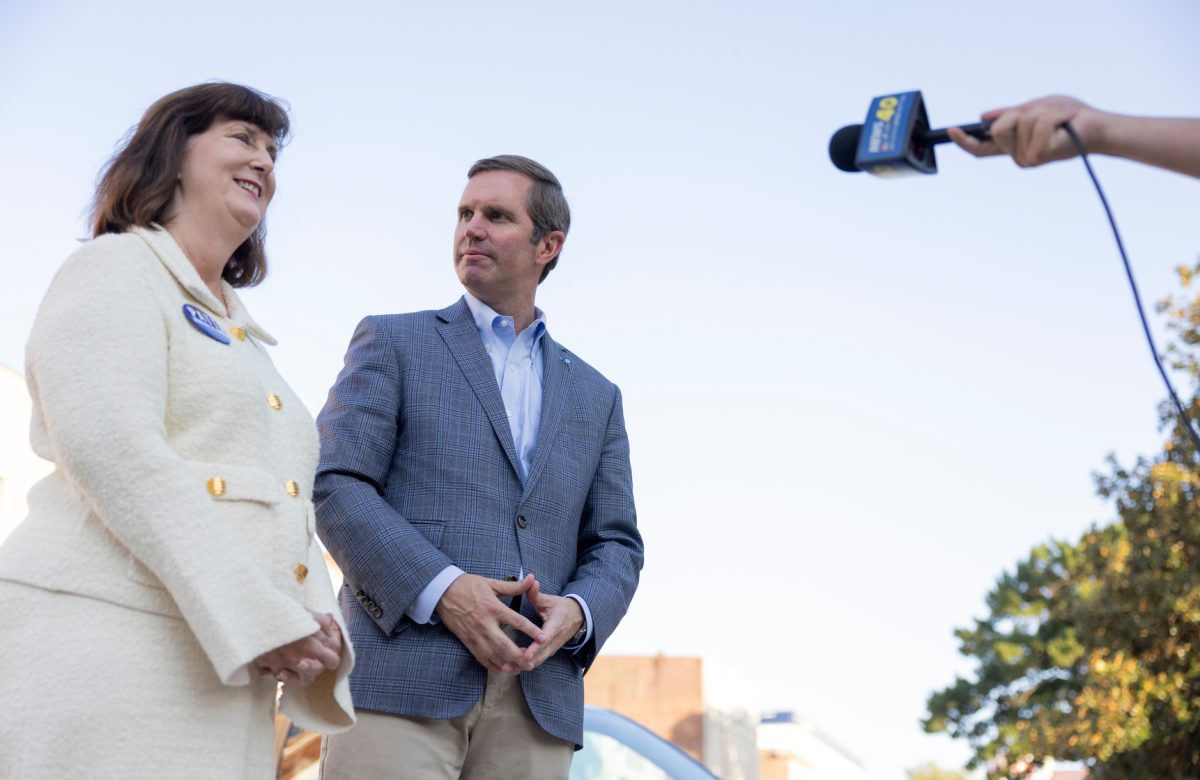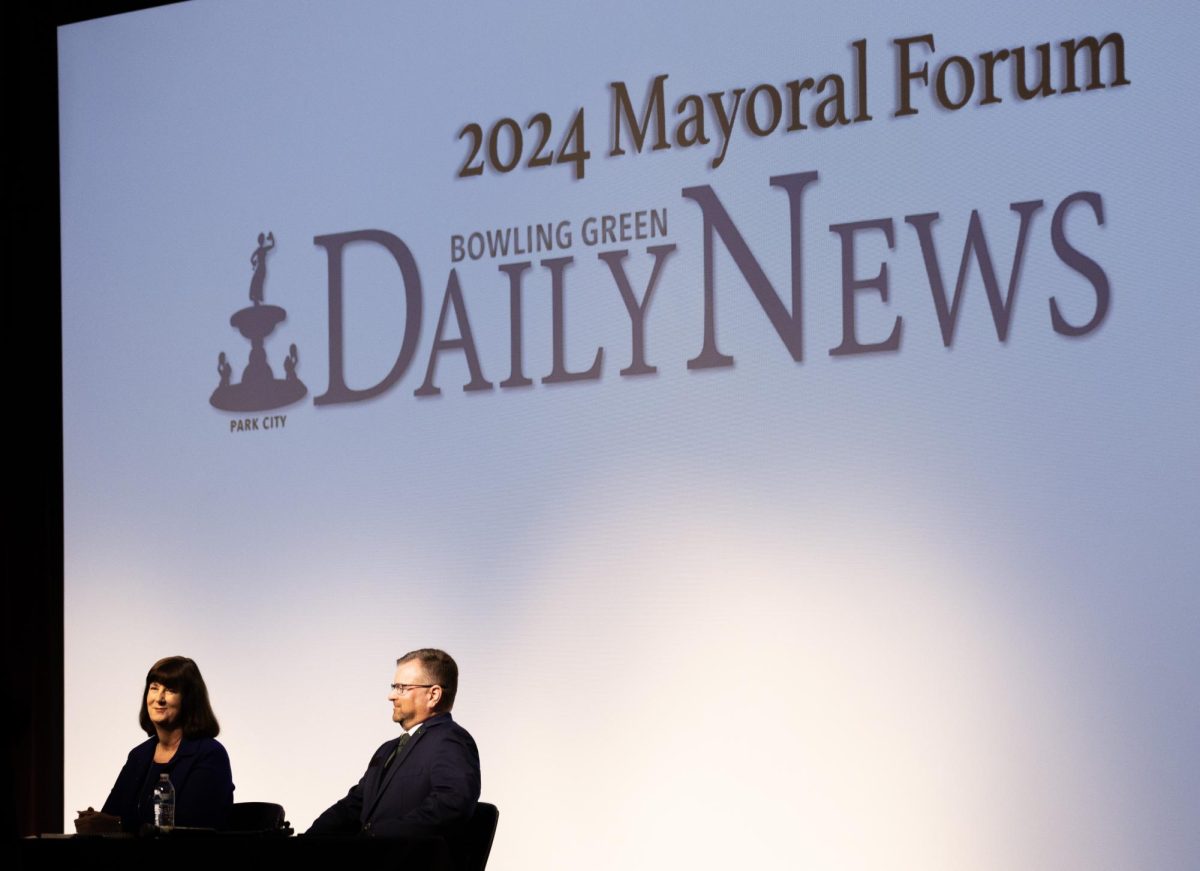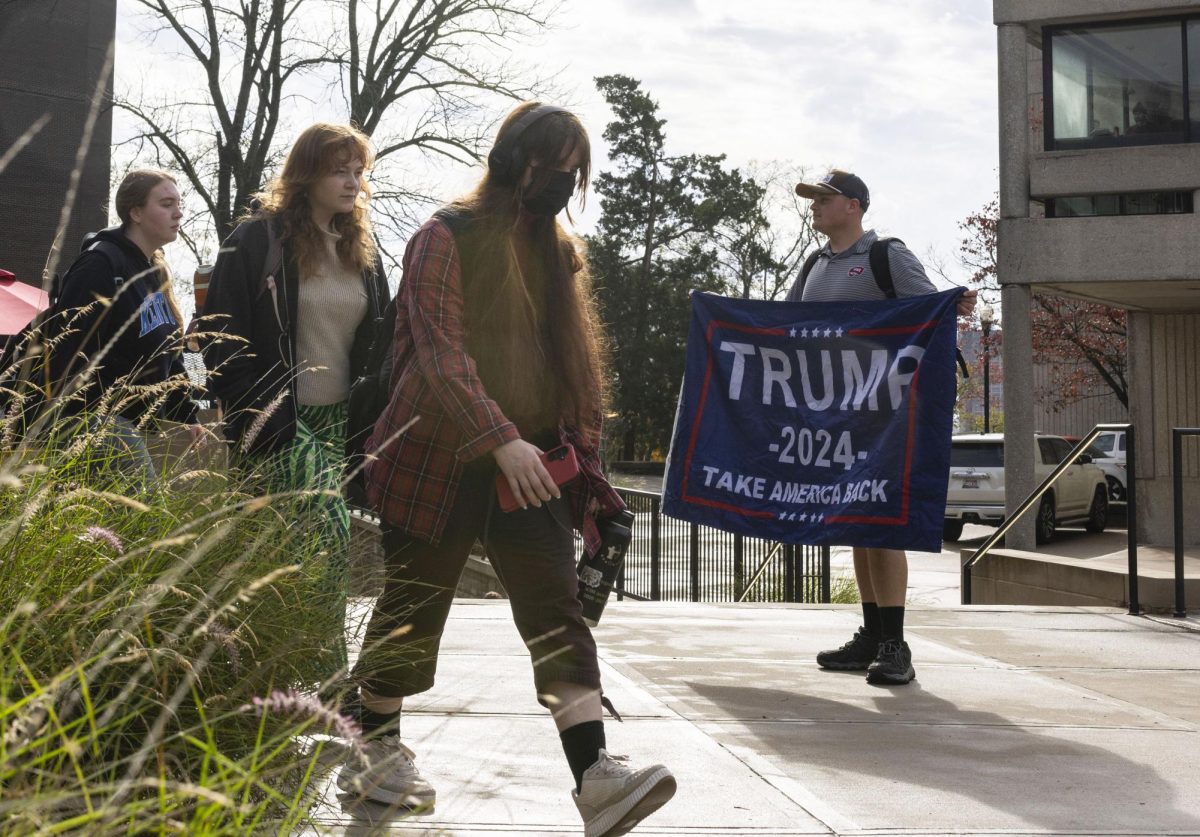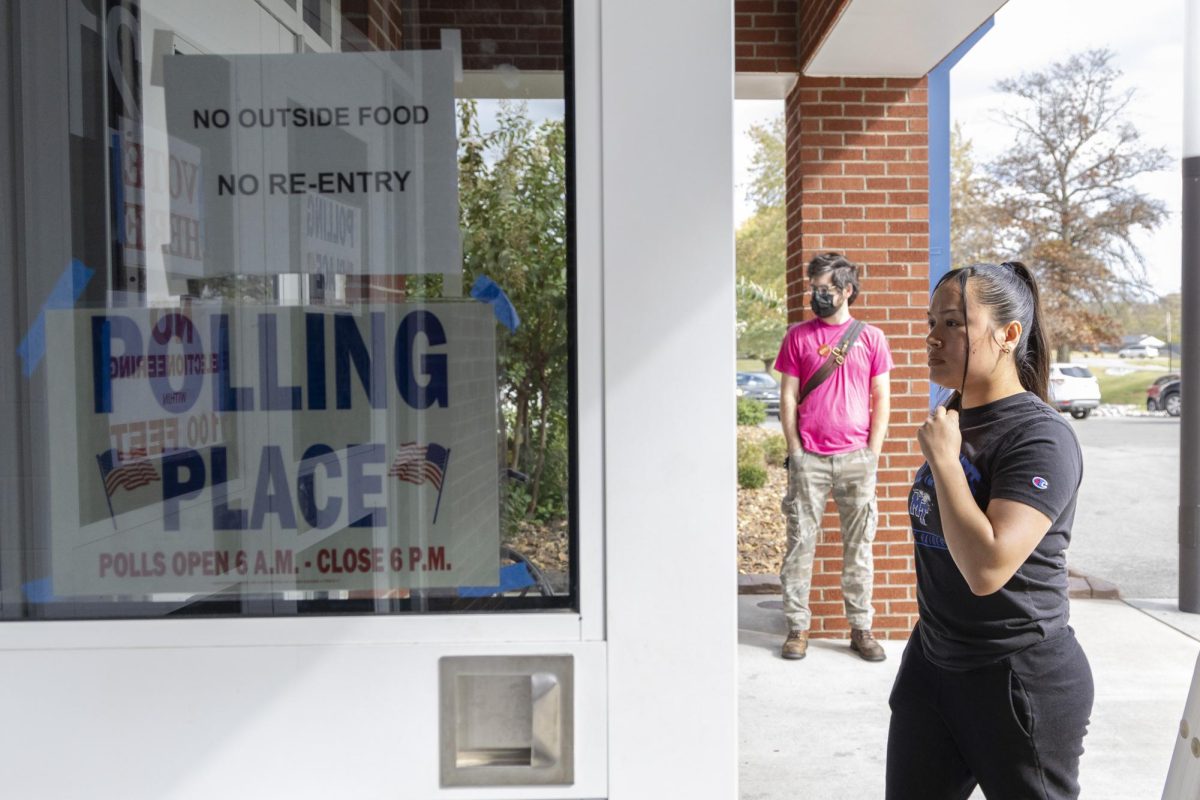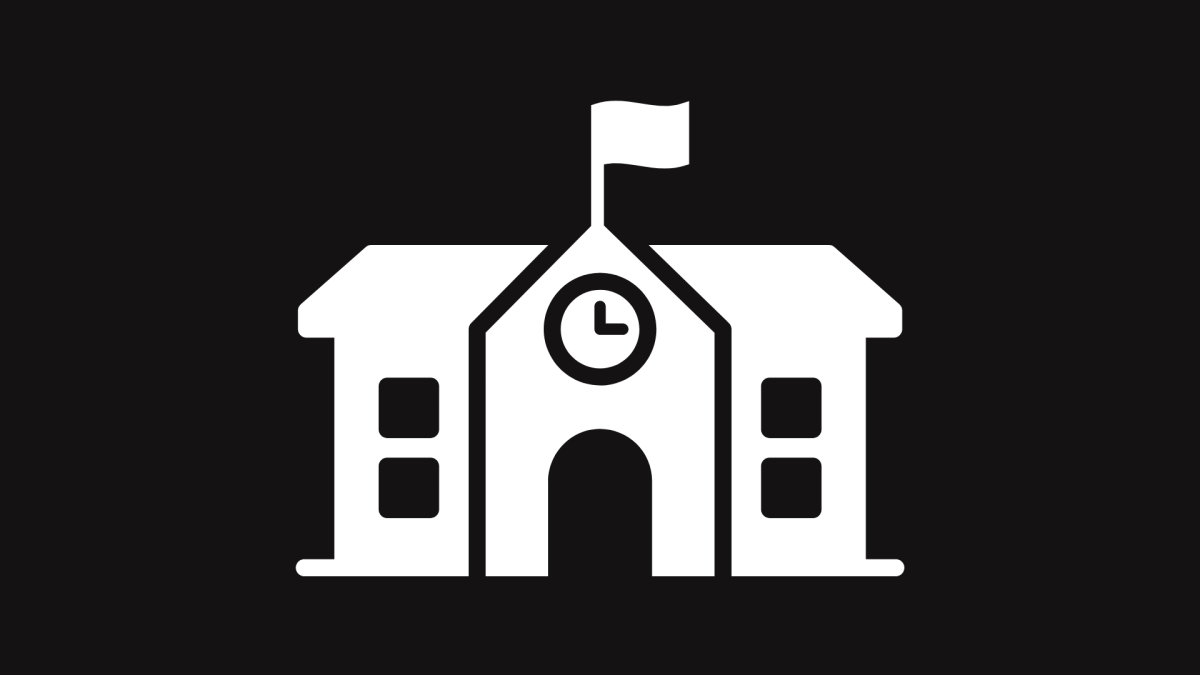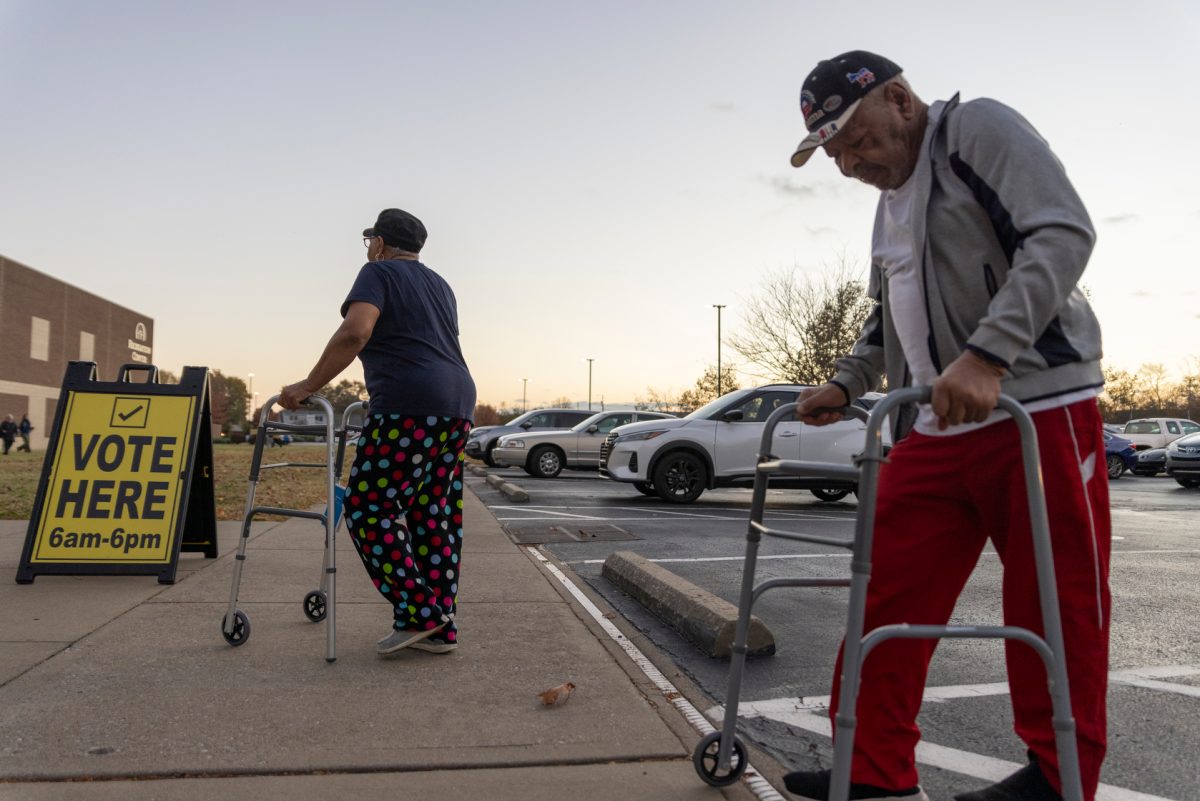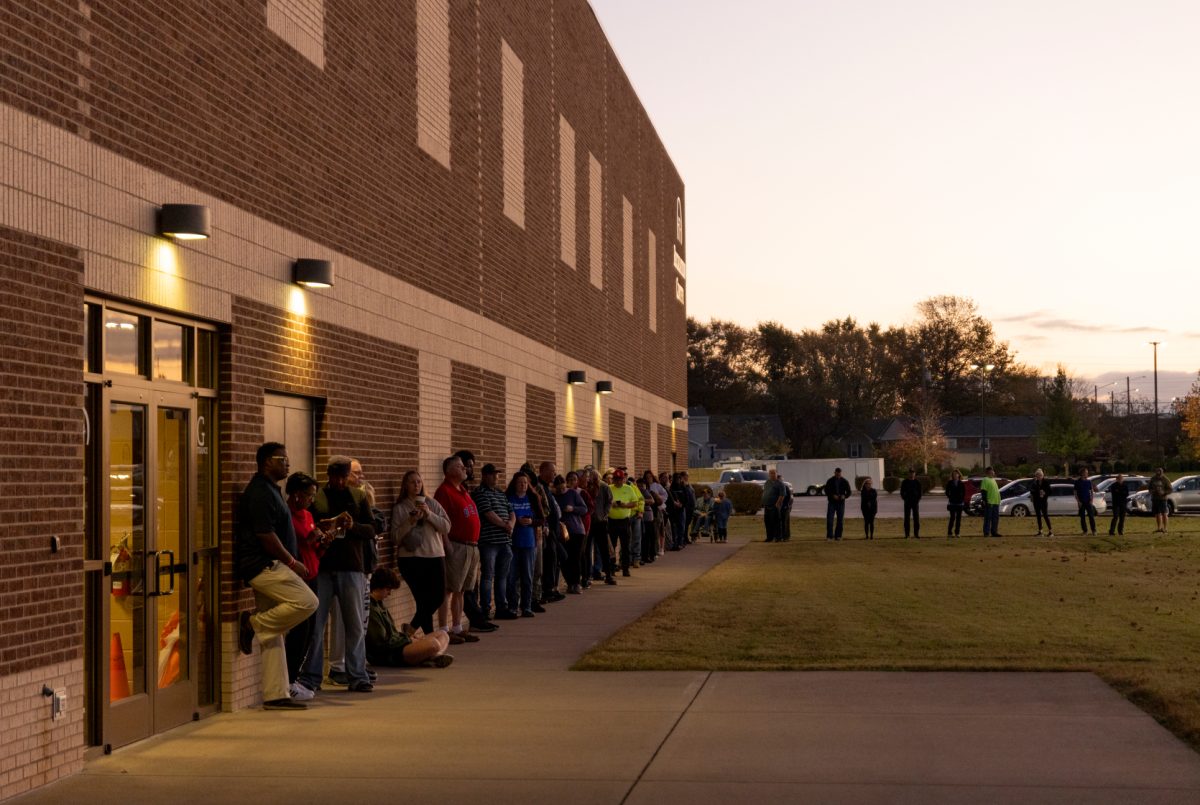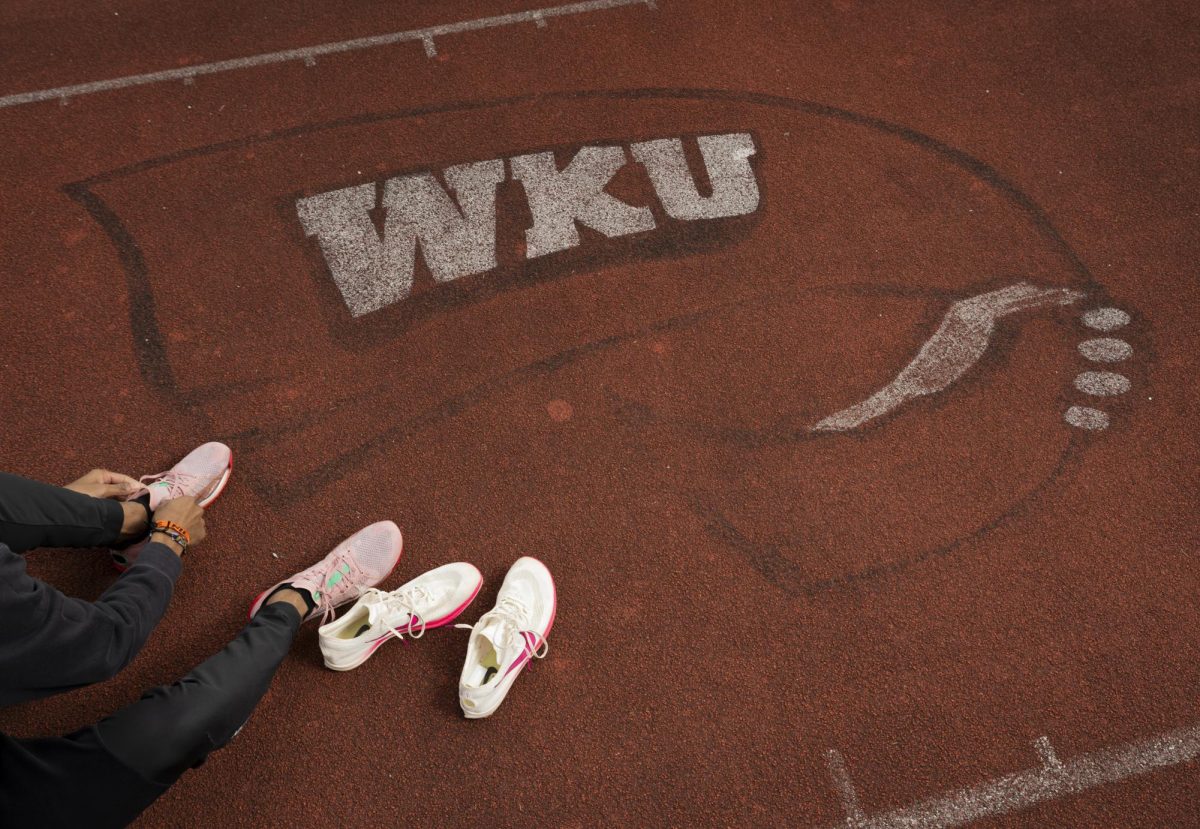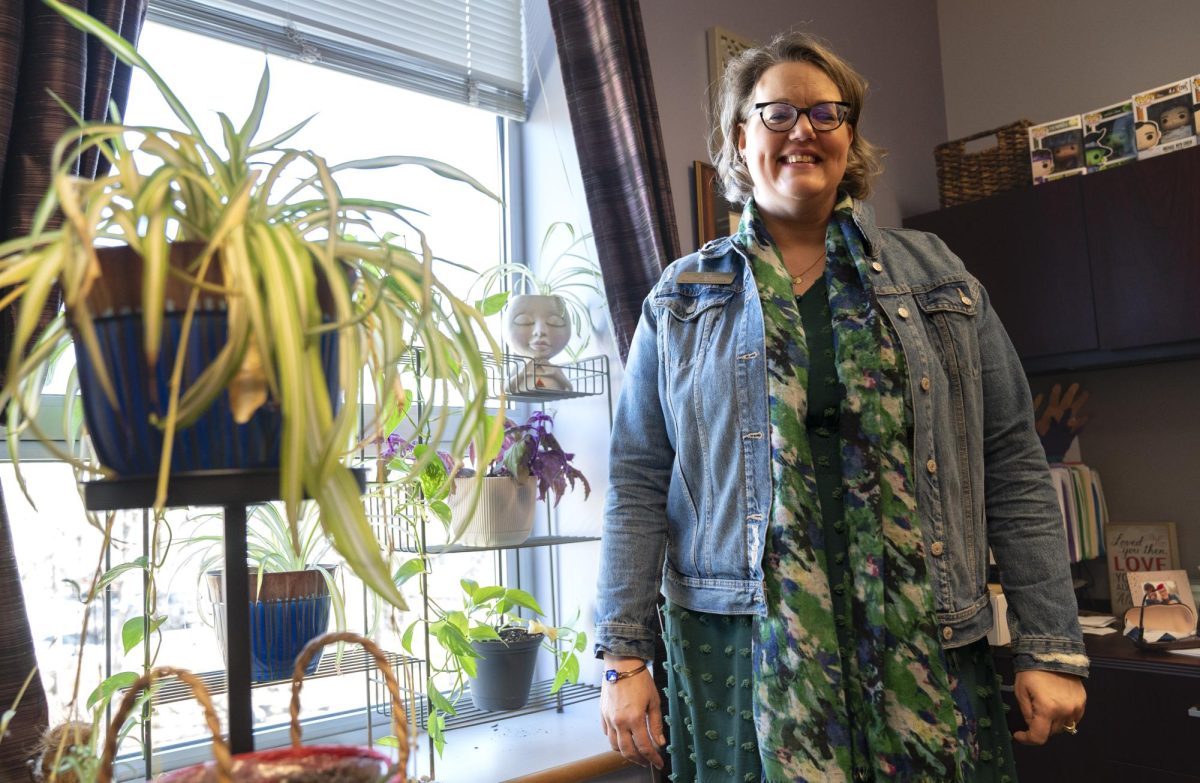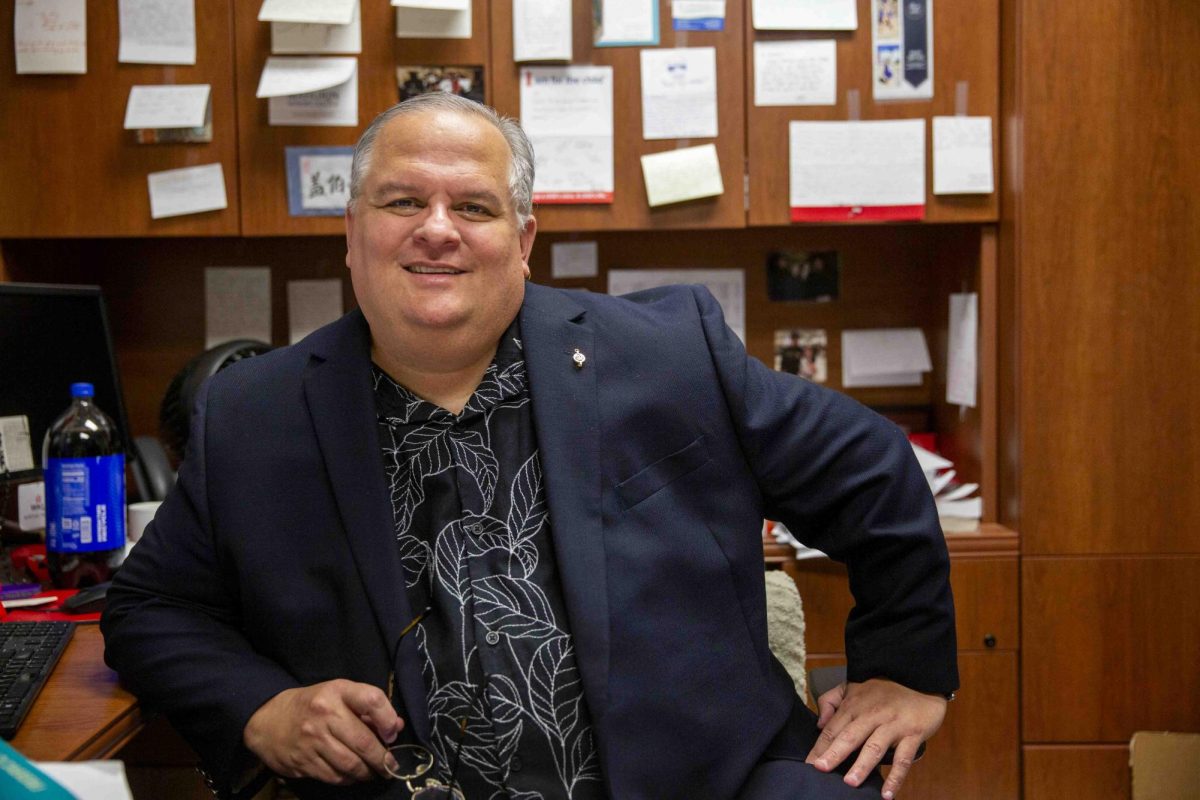In preparing its comprehensive coverage of the 2024 election from a variety of different angles, the Herald asked both candidates to answer the same seven questions. The Herald sought to provide each candidate the opportunity to present some of their vision to young voters and the WKU community. What follows are the answers Patti Minter provided to these questions.
Q: You have lived in Bowling Green for decades and served as its representative in the state legislature. What is your vision for Bowling Green, and how has this experience prepared you to take on the role of mayor?
A: I’m running for Mayor with experience–as a mom, as an educator, an advocate, and a two-term-state representative–because it’s time to fix what’s broken in our city. When I was elected to represent Bowling Green in 2018, I worked with Governor Beshear, Democrats, and Republicans to lower the cost of insulin, pass tornado relief and recovery bills, deliver federal dollars for the Bowling Green veterans center, and I personally secured 3.5 millions dollars for Bowling Green’s roads. Our city is growing but too many of our people feel left out and left behind. As your next Mayor, I will lead by listening and learning from you. I’ll be transparent and make sure you know what your mayor is doing for you and for our city. I will stand up and show up for you every day, like I always have.
Q: In asking to be elected to a second term, as mayor, in what ways will you support WKU students as they spend their college years in Bowling Green?
A: WKU’s involvement with the city and the larger community is good, but it could be much better. As your next Mayor, I would like to expand opportunities for collaboration to create a greater relationship between the university and the city. There is potential for a mayor with deep roots at WKU to build bridges and create opportunities and deeper partnerships between the university and the city. This would enrich both the WKU student community and Bowling Green residents, and I’m ready to facilitate that conversation.
Q: Bowling Green has seen massive economic development in recent years. In what ways will you work to continue this growth? What’s your vision?
A: Students will have a strong voice and an advocate at City Hall when I’m elected as their next mayor. I’ve devoted my career to teaching and mentoring two generations of students, providing both educational opportunities and modeling engaged citizenship. From affordable housing to basic human rights, my students have shared with me their vision for the city where they study, live, and work during their college years. We need a leader who lifts people up instead of leaving them out. Our students need someone who will lift up their voices at City Hall and I’m ready to stand up and show up for them. It’s about all of us.
Q: What do you see as the biggest issue facing Bowling Green and campus today? How do you plan to address this issue?
A: When I listen to WKU students and people under 40, affordable housing is their top concern. The Bowling Green Housing Study shows what WKU students already know: there is a lack of attainable housing for people at every income level and price point. The study provides an important road map to help prioritize needs and actions for the immediate future to provide housing for incoming workers, but also for smart mid-term and long-term planning of new development and revitalization of existing housing stock in our neighborhoods. I am ready to work with city/county government, planning/zoning officials, real estate professionals, and community members to develop midterm and long-term strategies to provide desperately needed housing while preserving what we all love about our city.
Q: Young college graduates often leave Bowling Green and or the commonwealth after completing their time at WKU. Do you believe it is important to keep WKU graduates in Bowling Green? If so, how do you plan to make this happen?
A: The Bowling Green Housing Study shows what WKU students already know: there is a lack of attainable housing for people at every income level and price point, at every stage of the life span. I am ready to work to develop midterm and long-term strategies to provide desperately needed housing while preserving what we all love about our city. I also support passing a Fairness Ordinance that ensures that everyone is treated fairly in employment, housing, and public accommodations. As Bowling Green works to attract more well-paying jobs and retain its workforce, the ordinance will help us retain and attract the best employees who would otherwise leave the city or refuse to move here because they fear discrimination. As mayor, I will work to ensure that Bowling Green is a city where graduates want to stay and have the opportunities they need to start careers and raise families.
Q: How do you grade WKU’s involvement with the city and the community at large, and why? How can it be improved?
A: WKU’s involvement with the city and the larger community is good, but it could be much better. As your next Mayor, I would like to expand opportunities for collaboration to create a greater relationship between the university and the city. There is potential for a mayor with deep roots at WKU to build bridges and create opportunities and deeper partnerships between the university and the city. This would enrich both the WKU student community and Bowling Green residents, and I’m ready to facilitate that conversation.
Q: How has WKU prepared you for taking on the role of Bowling Green mayor?
A: As a member of the WKU community for 32 years, my experiences have prepared me well to serve as your next Mayor of Bowling Green. I’ve taught two generations of students during my time on the Hill, and I listened and learned from them as well. As the inaugural Chair of the WKU University Senate and as the elected Faculty Regent on WKU’s Board of Regents for seven years, I made sure that my fellow educators had a say in the decisions that affected our classrooms and I advocated for faculty, staff, and students. I worked with university administrators, my fellow regents and city, county, and state lawmakers on every aspect of university budgeting, growth, and governance. I’m ready to take what I’ve learned at WKU and put it to work for all of us as your next mayor.

